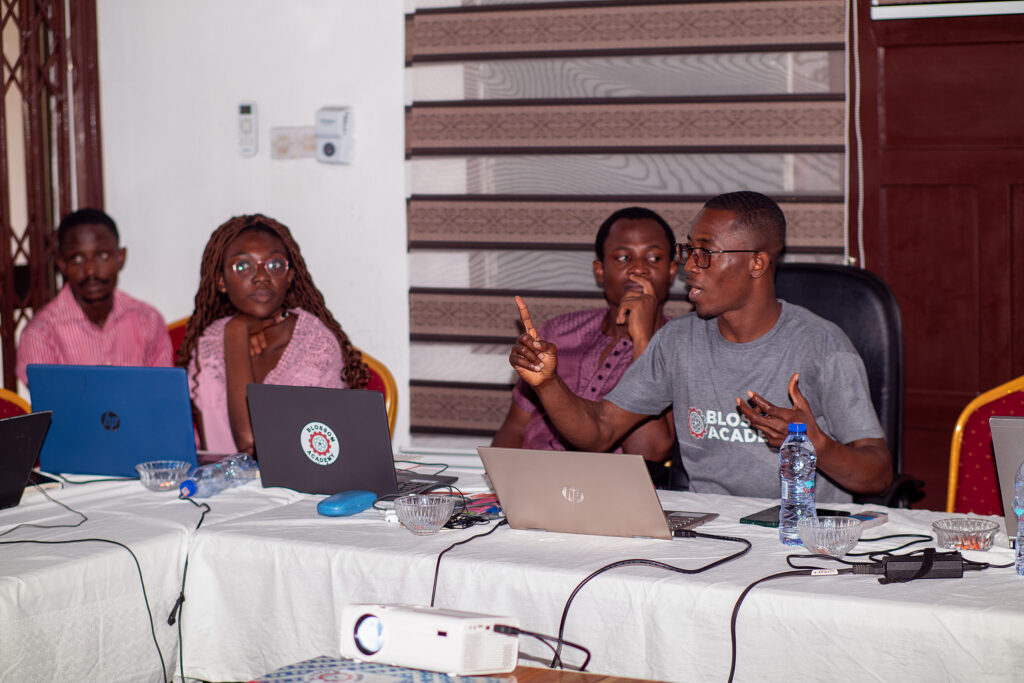The Employee Evolution
Without the slightest doubt, work culture, work environment, employee expectations, behaviour and attitudes have evolved considerably over the years. Today’s employees are no longer searching for just sustainable jobs but flexible work opportunities. It is worth noting that while the organisational commitment of most talents is centred around the opportunity to upskill, others are ditching big cheques for firms offering shared values such as representation, flexibility, empathy, personal development, respect, transparency and rewards. The modern workforce requires strategic leadership, and leaders need to address this by evolving their leadership skills.
The Workplace Evolution
The change in employee behaviour is causing the drift from traditional business models to more dynamic business practices. Today’s workplace, as compared to the 90s, has become more flexible. Organisations are more accommodative and tolerant of mental health, physical health, diversity and inclusion to encourage employee well-being and ensure favourable working conditions for all types of people. The emergence of new communication technologies and platforms such as Skype, email, slack, and social media has caused a shift in time and place of work. Digitalisation affords workers the chance to choose remote work over designated office spaces and unpleasant commutes. This evolution has lifted workplace restrictions by taking work outside of the office settings into homes, cafes, buses, flights and more. With effective leadership skills, managers can sight and leverage opportunities this evolution presents.
Five Effective Skills for Managers
The changes in employee behaviour and the workplace have become a critical factor to decision making, team management, recruitment, engagement and the overall success of an organisation. Managers need to be well-equipped with skills to lead teams in attaining success in today’s competitive and dynamic work environment. The top five leadership skills to help managers succeed include communication, relationship building, critical thinking, conflict resolution, creativity and agility.
- Communication: It’s essential to keep an open line of communication when connecting with teams. Communication should be done in a manner that relays an organisation’s vision and propels action. An effective leader must use the combination of today’s technologies and channels, such as emails, videos, phone calls, and social media, that best suit their workforce to encourage a seamless communication process. Communication should also be characterised by respect, tolerance and above all, clarity. While effective communication enforces trust with loyalty, the negligence of this key leadership skill leaves employees unmotivated, blocking feedback essential for growth.
- Relationship Building: Relationship building is at the heart of people management and team building in all organisations. Healthy relationships can only be successful through empathy, optimism, motivation, and mentorship. Through effective relationship building, leaders will be able to find talents and successfully motivate them to work towards a vision. Leaders must build trust rather than fear to encourage a positive ambience at the workplace.
- Critical Thinking: Critical thinking helps leaders to work through problems. This is defined as the ability to think clearly and rationally by analysing available facts, evidence, observations and arguments to form a judgement. Leaders with critical thinking skills will rise above the noise in their environment and make unbiased decisions to help their teams succeed.
- Conflict Resolution: Successful leaders can predict, avoid and resolve conflict promptly such that it does not affect business activities. Conflicts are unavoidable and are not just limited to internal staff but also clients, suppliers, partners and competitors. An effective leader can mitigate conflict to benefit the organisation. Without conflict resolution skills, managers will not be able to overcome daily challenges and build healthy work environments that inspire people.
- Creativity and Agility: Today’s leaders must be able to identify creative ways to solve organisational problems in a way that encourages employee confidence. Being a creative and agile leader is critical to an organisation as an agile environment allows feedback and constructive criticism despite hierarchy. Leadership must be able to trust their talents to offer constructive criticism as a prerequisite for industry changes without bureaucracy stifling the flow of feedback and ideas. While an agile leader will inspire and challenge team members, a conservative leader leaves employees unmotivated and constantly searching for the next available opportunity.
More often than not, most managers determined to build a great team are only focused on recruitment, while neglecting the most crucial part of the process. However, with a firm grasp of these skills, managers are a step ahead of their competitors. It is also worth noting that these skills should not be applied in isolation. Relationship building cannot be successful without transparent communication, and critical thinking is equally needed for conflict resolution. In the absence of creative and agile leadership, employees will feel undervalued, leading to a mental breakdown and a toxic work environment regardless of the value of their skill set.
Kickstart your career in analytics by joining the next Blossom Academy Fellowship program. Express interest at www.blossom.africa or email us at [email protected].

